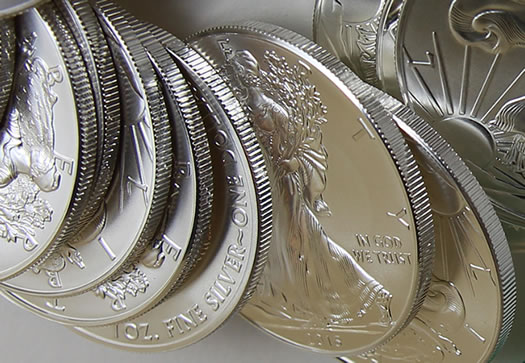Currency Futures
Currency Futures Trading in India: Hedgers, Speculators and Arbitragers
So far, only OTC forex markets and inter-bank forex networks offered currency trading in India. Forex markets were beyond the reach of small investors, speculators and arbitragers. With the introduction of currency futures trading in India, apart from exporters, importers, companies and banks, many retail traders and investors would also get the opportunities for foreign exchange trading.
Currency futures, like any other derivative market has three main participants.
Hedgers
- Hedging is an excellent tool to offset the risks associated with fluctuations in the price of the currency in foreign exchange markets.
- Hedging is the process of seeking a cover or insurance against price risks for protecting future cash flows and profitability.
- Hedger is the person who uses currency futures primarily for hedging the risks arising out of extreme volatility in foreign exchange rate.
- Hedger is an important player in the derivatives markets.
- Hedgers take position in currency futures markets only for protecting the position in cash market.
- Hedgers hold large number of currency futures lots at a time and in such a way that the size is approximately equal to exposure in cash market.
- Hedger holds the position in currency futures market for a longer period until the cash position is ready for settlement.
Speculators
- Speculators are those participants who trade in the markets essentially for making profit from the anticipated up/down movement in the price of the currency.
- Speculators provide the necessary liquidity to the currency markets by offering ample demand and supply.
- Speculators are the participants who support continuous flow of transactions in the market.
- Speculators are risk takers (accept the risks) whereas hedgers are risk-averse (avoid the risks).
- Speculators do not hold any offsetting (counter) position in the cash market.
- Speculator is an active buyer whenever it seems that the price of currency is lower than what it should be. Conversely, speculator would change his role from active buyer to active seller when the price of currency seems to be higher than anticipated price.
- Speculators tend to trade in smaller number of currency future contracts as compared to hedgers.
- Trading timeframe of speculators is very short – ranging from intra day to few weeks.
- Large participation from speculators is desirable in the currency futures markets in order to cater to the requirement of hedgers.
- Currency futures or any derivative market is a highly leveraged market where you trade with very small amount of margin. This is the most important factor for attracting speculators to the currency markets.
Arbitragers
- Arbitrage is the process of simultaneous buying and selling of same financial instrument in different markets in order to make immediate profits without any risk.
- Arbitragers make profit by spotting price discrepancy between the rates of same financial asset in different markets.
- Arbitragers know before hand the minimum profit potential at the time of entering the markets.
- Arbitragers continuously watch the market screens to look out for the opportunities in price inconsistencies.
- Gross profits are very small and net profits after deducting the expenses and taxes become much smaller. Nevertheless, the profits are low-risk and hence arbitragers trade in large quantity.
- With globalization, arbitrage opportunities exist in plenty across different exchanges, markets, region, countries, and types of instruments and across combination of these conditions.
- Besides providing liquidity to the markets, arbitragers put a pressure on the market prices to move to rational or normal levels.
Continue Reading










